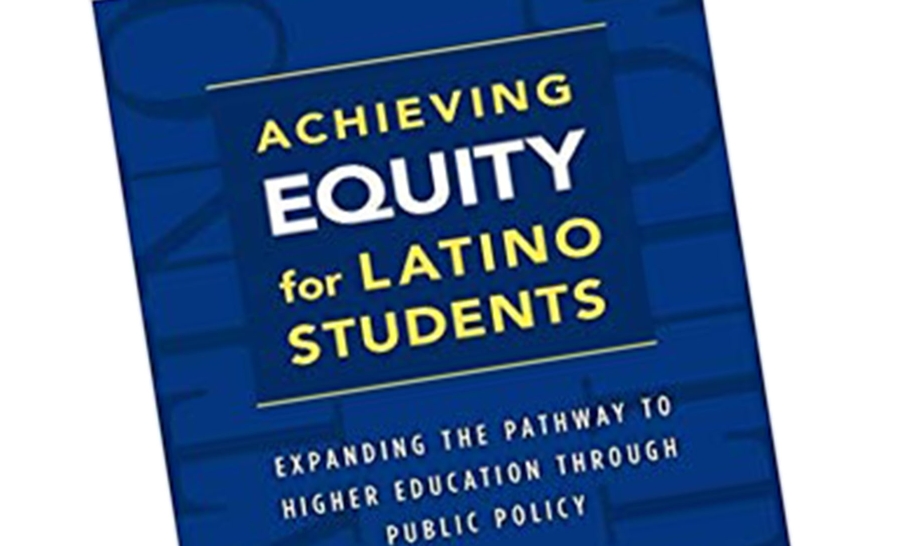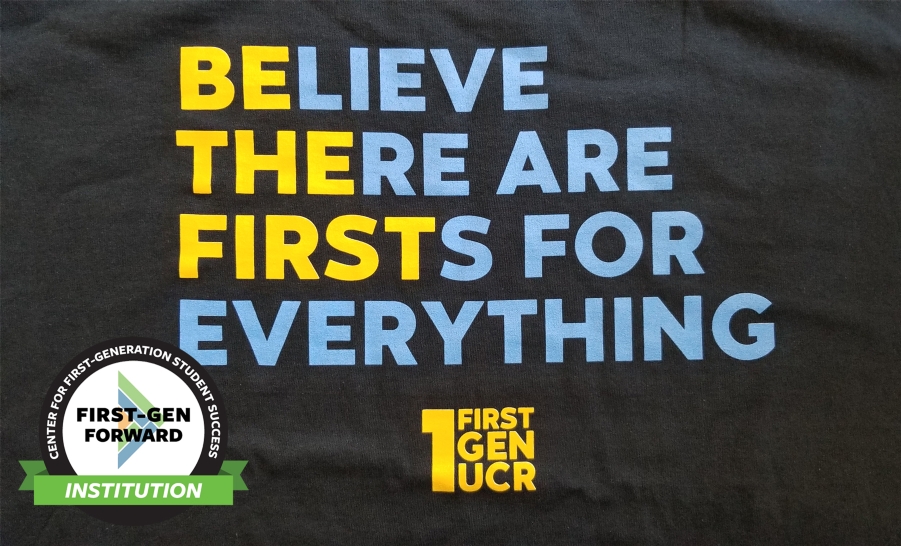Against All Odds: First-generation Students and Noncognitive Barriers
Roderick T. Heath, Ed.D., North Carolina Central University / FirstGen Forward / November 11, 2020
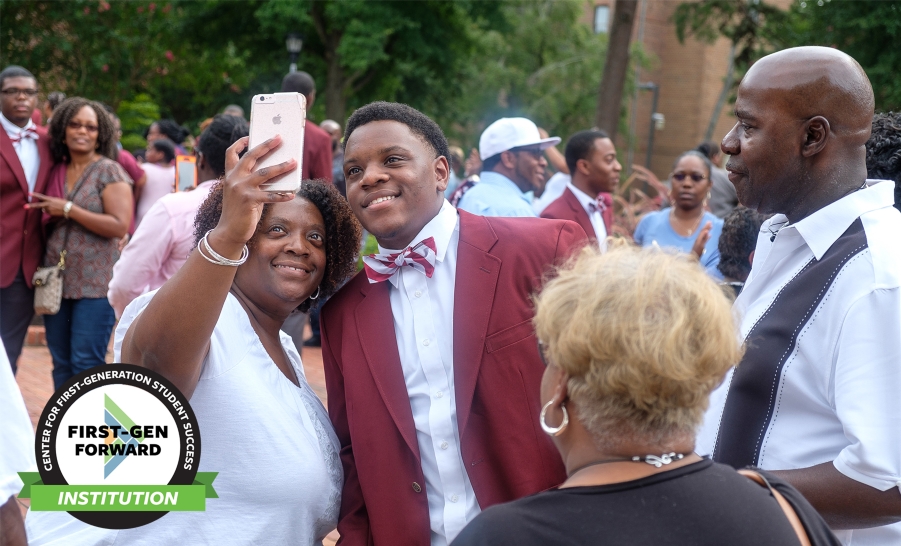
Vincent Tinto (1993) identified three primary sources of student departure: academic difficulties, the ability of individuals to resolve their educational and occupational goals, and failure to incorporate in the intellectual and social life of the institution. With this discovery, Tinto found both cognitive and noncognitive factors that impact first-generation college students' matriculation. Research implies that first-generation students need structured assistance, and campus atmospheres provide campus resources that will help students get acclimated to campus.
Amid national economic decline, COVID-19, and civil unrest, we have witnessed a push for the United States to address systemic issues within the African-American community. Over the last year, America saw the rise of college students expressing feelings towards racial equality, which took center stage in getting the Black Lives Matter message out to the masses. As students across America marched, boycotted, registered to vote, many students still had to deal with the challenge of being first-generation students as the economic and higher education world seemed to crumble before their eyes. In August, first-generation students entered college at one of the most unprecedented times within higher education. Many students chose to attend class online or in a hybrid format, and many decided to experience college life by staying on campus despite COVID-19 restrictions.
Establishing Motivational Factors During COVID-19
Many factors can negatively impact a first-generation student's motivation to continue higher education within their first year of attendance. Research implies there is a correlation between a student's motivation and retention rates for first-generation students. As first-generation students enter college, there are obstacles many will face as COVID-19 has stretched higher education administration academic structures. Higher education institutions are dealing with staff access shortages, as many universities are working at a lower capacity. The pandemic and stay-at-home orders have critically impacted first-generation students, as many of them don't have the resources to leave campus and learn remotely.
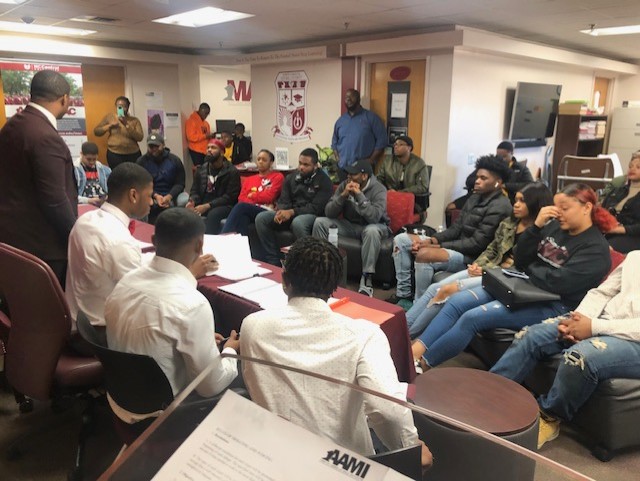
Research indicates that before the COVID-19 pandemic, only 55% of first-generation students met with an academic advisor during the first two years of college compared to 70% of students who weren't the first in their family to attend college, according to the Center for First-Generation Student Success. The pandemic has only added stress and more unguided responsibilities, so many students may not reach out for help. Therefore, when we look at first-year students' academic development, COVID-19 may lower these numbers. The rising pandemic has positioned higher education institutions to evaluate how their current processes benefit the students critically. As universities prepare for the unknown, we can start preparing immediately by revamping the current system by trimming the fat concerning student access, academic coaching, financial support, strategic programming, and parental support for first-generation students.
How Do We Help Students Remain Motivated?
Universities must make time for students during the pandemic and not make students feel like an intrusion. Professionals should remain vigilant when working with students; there needs to be patience and empathy as students and faculty face unprecedented circumstances. Professionals should be flexible with assignment due dates and requirements and record online lectures for students; many struggle to balance themselves.
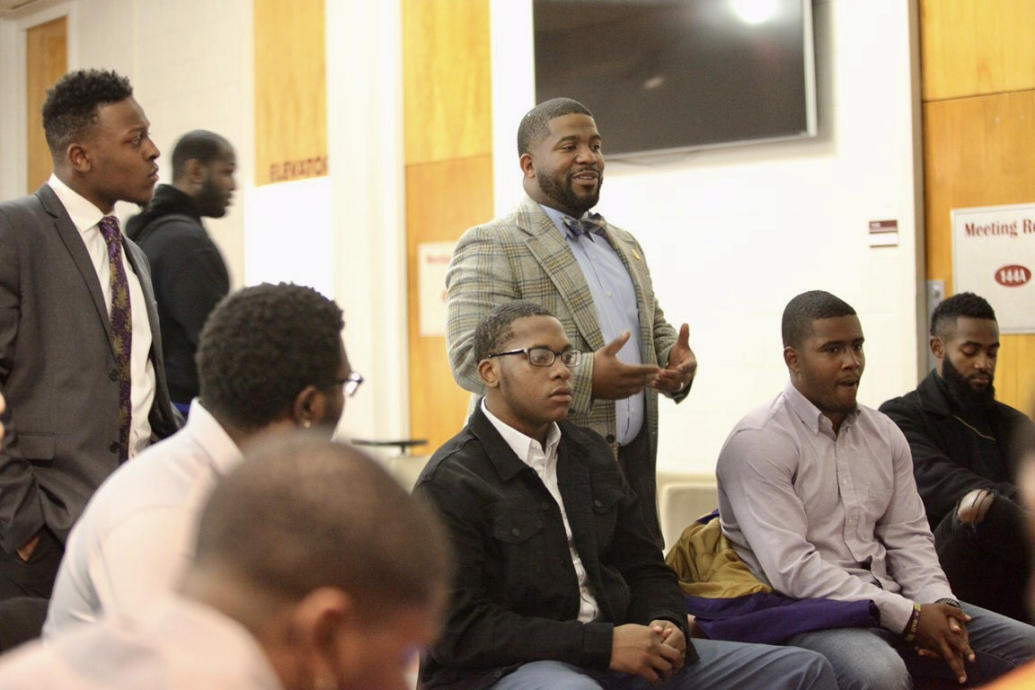
Lastly, college students should implement patience with new higher education processes and understand we all are suffering together. The focus should be learning how to adjust, being productive with their course work, and maintaining their mental health. Coronavirus has changed the way we live, but we cannot give up. First-generation students must remain confident in their journey and seek help when they feel lost or question their college existence.
What is North Carolina Central University Doing to Help First-generation students during COVID-19?
-
Created the First To Soar program for first-generation students at the university
-
Surveyed faculty and staff to learn how to improve retention and increase engagement for first-generation students.
-
Created an academic committee that will research the current trends on the campus of North Carolina Central University.
-
Analyzed all data collected during the academic year and then provided our findings to the Chancellor, Academic Affairs, and the Enrollment Division.
-
Facilitated campus-wide and community outreach efforts to ensure that North Carolina Central University continues to be regarded as a great place for first-generation students, African Americans, and other underrepresented populations to become well-rounded students
For more information on North Carolina Central University's approach, please visit their website here.
References
Tinto, V. (1993). Leaving college: Rethinking the causes and cures of student attrition. (2nd ed.). Chicago: University of Chicago Press.


